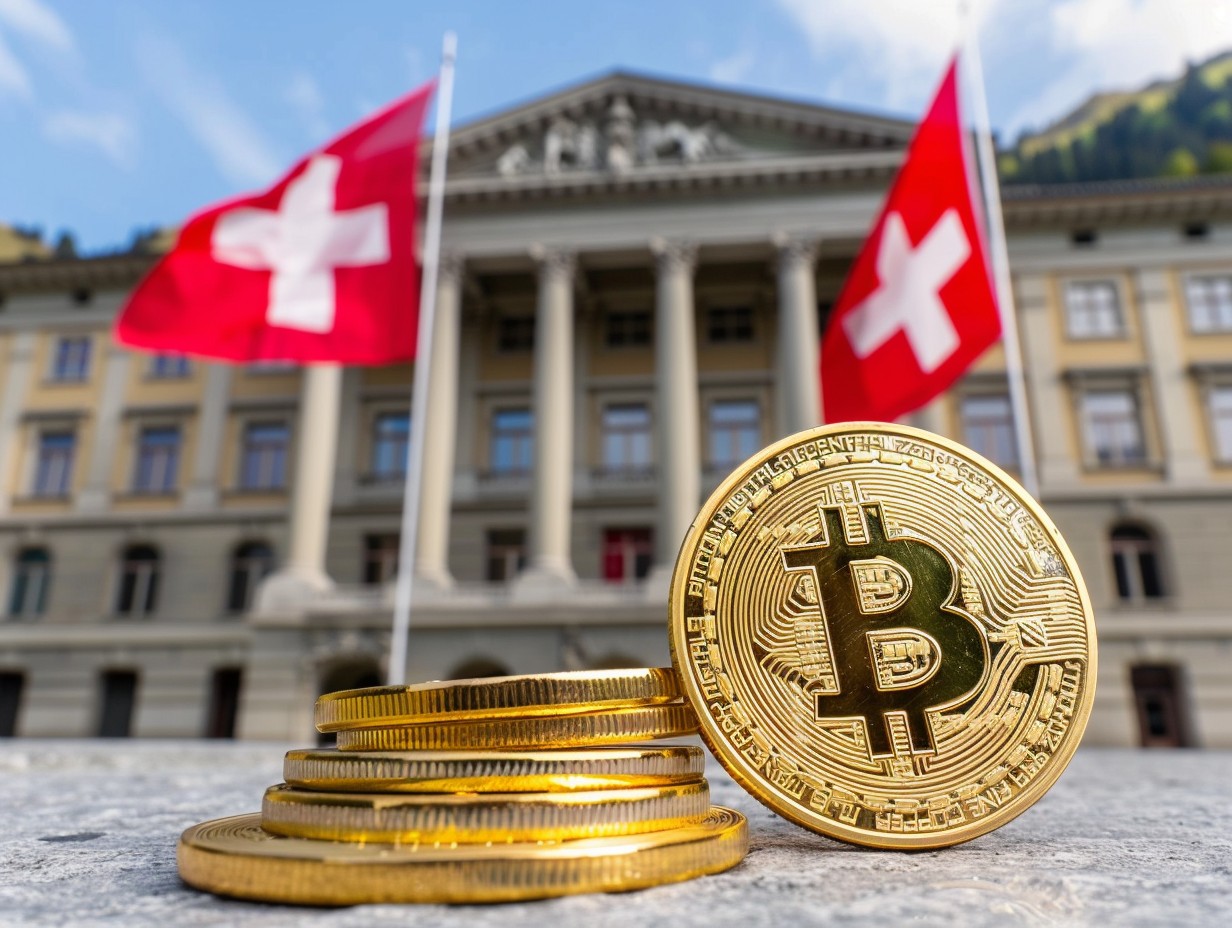In a candid declaration highlighting the tensions of global diplomacy and domestic politics, President Joe Biden has bluntly termed his Chinese counterpart, President Xi Jinping, as a dictator.
This assertion comes amidst a challenging balancing act that Biden is currently juggling, managing complex ties with an increasingly assertive global contender, China, and simultaneously maintaining domestic appeal as he gears up for his re-election campaign.
Biden’s bold comments were articulated at a fundraiser on Tuesday. The timing is particularly noteworthy, following on the heels of Secretary of State Antony Blinken’s first official visit to Beijing.
Blinken’s journey was an attempt to mend the frayed ties between the two powerhouses, which had hit an all-time low following an incident off the South Carolina coast earlier this year.
Blinken’s visit and the balloon incident
In February, the US claimed to have intercepted a so-called surveillance balloon, a statement hotly denied by China. This high-altitude, airborne encroachment is believed to have carried spy equipment, which irked the Chinese leader.
“The reason why Xi Jinping got very upset in terms of when I shot that balloon down with two box cars full of spy equipment is he didn’t know it was there,” Biden stated, implying an oversight on Jinping’s part, a source of embarrassment for a dictator.
The controversy surrounding the stray balloon led Blinken to postpone his planned Beijing visit. Finally happening this past weekend, his trip marked a resumption of high-level U.S.-China government meetings, a diplomatic silence that had stretched a tense four months.
While Blinken’s diplomatic sojourn was largely considered successful in re-establishing communication lines between the two nations, he couldn’t manage to reignite military-to-military discussions with China.
The future of US-China relationship
Nevertheless, Biden hinted at a silver lining during his fundraiser speech, acknowledging Jinping’s desire to reconnect. “Antony Blinken just went over there… did a good job and it’s going to take time,” Biden said, highlighting the importance of patience in managing these complex geopolitical relationships.
Despite the lack of major breakthroughs, Blinken and Xi managed to find common ground. Both agreed on the need to stabilize the intense competition between Washington and Beijing to prevent any escalation into outright conflict.
They also concurred on the need for continued diplomatic engagement, promising more official visits in the foreseeable future. To this end, Biden hinted that U.S. climate envoy John Kerry might soon be China-bound.
Biden struck a positive note on the current state of US-China relations, signaling that progress was made during Blinken’s visit. The President also referenced China’s apprehensions regarding the Quad strategic security group, comprising the United States, Japan, Australia, and India.
Biden has reassured Jinping in the past that the U.S. isn’t seeking to surround China with the formation of the Quad. The president’s characterization of Jinping as a dictator adds another dimension to the complex dynamics of Sino-US relations.
As both superpowers navigate a path to constructive engagement, the delicate balance of global diplomacy and domestic politics remains a challenging act for the US President.





